VATICAN CORNER
News broke on April 20, 2016 that the Vatican has suspended the 3 million dollar contract it made with the global accounting firm of PricewaterhouseCoopers, who were hired in December, 2015 to perform an audit of all the Vatican’s finances. The Vatican said the decision to suspend was an internal matter and not a reflection on PricewaterhouseCoopers or its work. The plan was that that firm would collect accounting information in March, April and May and then announce the results in June. Instead, the audit was put on_hold and the explanation given was that there are issues with certain clauses of the auditing contract itself and with their method of implementation. Contract suspension was said not to be the intention by any party to block the financial reforms that are in progress. But some think that those currently in control of the Vatican finances are afraid of the audit uncovering information they don’t want uncovered and are worried about losing sovereign control over Vatican finances. Two years ago when Pope Francis’ project of financial reform was announced, a credible audit was proposed to be carried out according to generally accepted business standards so that the flow of Vatican money would be transparent for all to see. In previous years the Vatican relied on an external Italian auditor and not a global accounting firm using international auditing standards. It is thought that one of the problems with the new audit contract concerns the ability of the Vatican to preserve the confidentiality of its financial information. Another problem with the new contract may be the other services to be performed by PricewaterhouseCoopers that are not directly related to the auditing process. Other contract issues seem to be about who was informed about the terms of the contract and its cost before it was signed, and those issues reflect deeper tensions over who controls financial policy at the Vatican. Also the questions of out_sourcing rather than auditing in_house and duplication of work and undercutting the role of the new “Auditor General” who was approved by the Pope in June, 2015, and whose primary responsibility is to perform internal audits. His office has hired three full professional auditors along with their staffs. Vatican financial reform requires unraveling decades of accounting inconsistencies and until recently the various departments of the Vatican bureaucracy neither shared consolidated budgets nor even common accounting procedures. Also making reform difficult are Italian and bureaucratic traditions and a general aversion throughout much of the Catholic Church, and among Catholic clergy, to understanding issues related to money and the economy. Even Pope Francis does not claim to speak with authority on technical matters of economics. He has said that he has “a great aversion” to economics because his father was an accountant who brought his work home with him. He confessed last summer he lacks knowledge of the area. “I don’t understand it very well,” he said.
Sources: Cruxnow.com, Catholicherald.co.uk, Detroitnews.com, ncregister.com_
